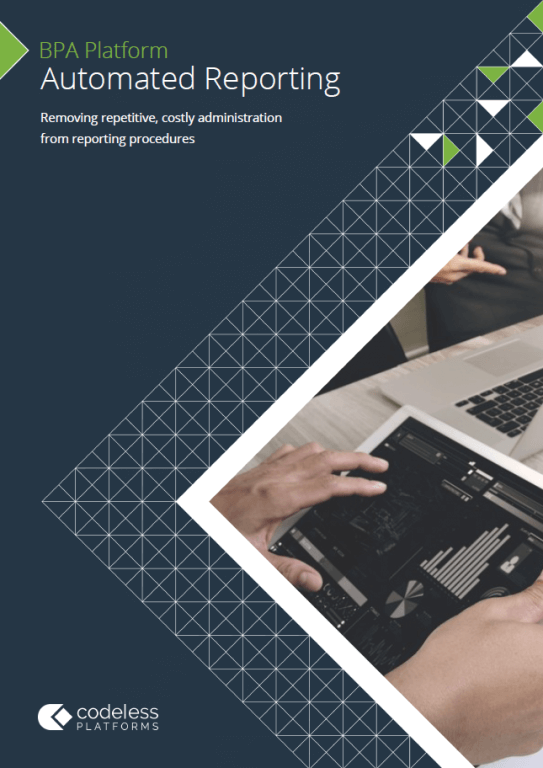Business critical reports play a vital role in the successful development and management of any organisation. Consistent business reporting ensures compliance procedures are adhered to, decision makers have the best information available and company performance can be monitored, analysed and improved. Reports also help organisations engage with internal and external stakeholders, including customers, employees, shareholders and suppliers. Many of these are critical to company performance and success.
Proactive stock level reporting, for example, is a critical factor for businesses involved within the manufacturing, sale or movement of goods. It can be extremely resource intensive, with multiple departments and employees often spending many hours ensuring a smooth operation. Just one missed report and subsequent poor decisions could result in delays occurring, businesses carrying unnecessary stock or not having sufficient supplies to satisfy demand.
Financial reports also often require contribution from multiple departments, such as waste reports from production or automated expense reporting. Multiple points of contribution adds complexity, repetitive administration and errors to the reporting process. Likewise, campaign, KPI and sales performance reports provide valuable insights into company strengths and weaknesses. However, these reports can be time consuming to produce and often require data from multiple databases.
What Type of Reports Can Be Automated?
Automating reporting procedures on a scheduled basis or business event ensures that business rules are enforced and repetitive administration and reporting errors are removed. It also ensures that all stakeholders have the most current information to analyse, which is essential for scenarios in which critical decisions have to be made.
Here are a few examples of critical reports that can be automated:
Sales reports
- Sales figures per account manager
- Number of calls made, meetings
Manufacturing reports
- Waste % per product line
- Labour and productivity reports
Warehouse reports
- Stock control and movement
- Inventory levels
Finance reports
- Cash flow statuses
- Aged debtors
Marketing reports
- Click-throughs on campaigns
- Sales and prospect conversion reports
Customer service reports
- KPI statistics on calls processed
- Quality auditing
Report & Document Automation
Codeless Platforms’ BPA Platform can automate the creation and delivery of any critical financial, sales or marketing reports regardless of which business application the data resides within. It will also run reports to your exact business rules, as well as automate the creation and delivery of stock level reports on either a scheduled basis or business event, such as a large order being placed. Employees can therefore benefit from less administration and produce 100% accurate reports.
The BPA Platform provides code free integration and process automation tools which can be utilised across practically any on-premises or cloud-based information system or database. Anyone with a reasonable understanding of their database structures can build tasks to connect any number of business processes and systems together.
Having the ability to automate the creation of reports by using an in house reporting tool, such as Crystal Reports or Microsoft Reporting Services, and then distributing these via email, FTP, attaching the report to a CRM record or placing the report on a network location, opens up an array of endless opportunities.
The Benefits of Automated Reporting
Automating departmental reporting procedures can eradicate repetitive administration, safeguard against human errors, increase the visibility of information and improve management decision making. The reports can be automatically distributed to all the company’s management, staff and trading partners, making sure that everyone has the right information at the right time.


